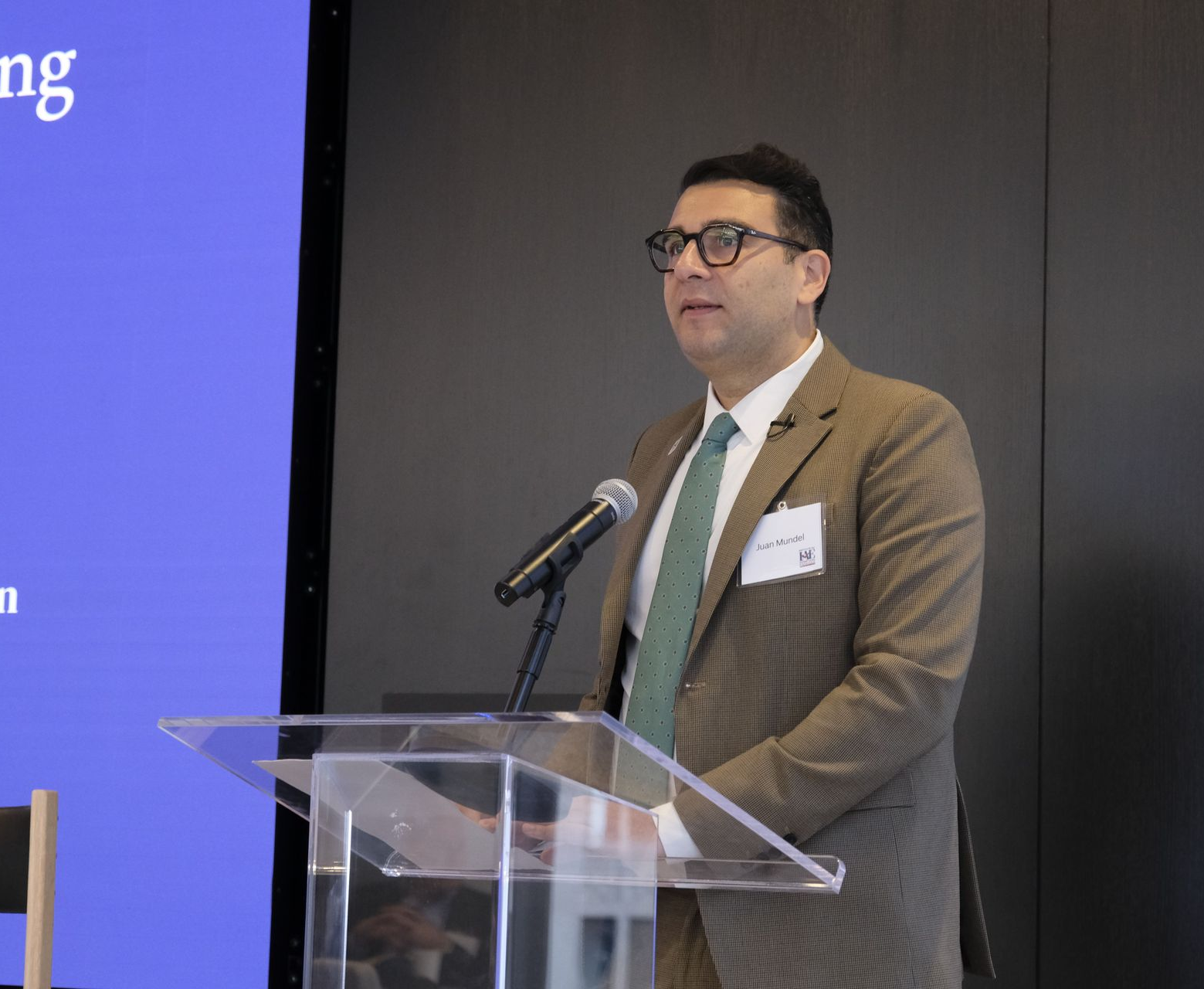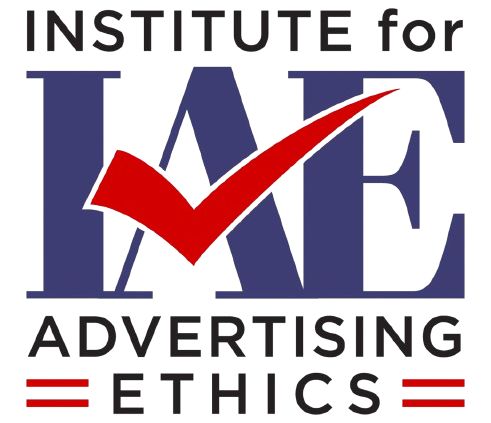Dr. Juan Mundel Speaks About Rebuilding Trust in Advertising at IAE Global Ethics Day
At the Global Ethics Day session, Dr. Juan Mundel, associate professor at Michigan State University and editor of the Journal of Advertising Education, explored the evolving need for ethics in advertising and presented new research on the consumer impact of brands retreating from diversity, equity and inclusion (DEI) initiatives.
Mundel explained that advertising ethics “evolved as advertising practice and institutions matured in society,” noting that early ethical concerns emerged “with the introduction of psychological research into the practice of advertising.” Once advertisers realized they could “take advantage of people’s anxieties, insecurities and fears,” he said, “ethical overreach began.”
He cited the Listerine case as a landmark example of accountability and drew parallels to the digital age, warning that “we all became subjects of an ongoing media experiment” with the rise of social media and algorithmic advertising. Ethical challenges, he said, have deepened with artificial intelligence, which raises issues of “opacity,” “proxy bias” and “feedback loops” that “elevate sensationalism, fear or insecurity.”
In sharing his research, Mundel said brands that withdraw from promised commitments efforts face consumer backlash. “We’re seeing a 20% decline in purchase intent from consumers who feel that their ethics have been actually hurt,” he said, describing such pullbacks as a “breach of ethicality.”
Mundel emphasized the importance of collaboration between academia and industry to promote ethical standards. “This is another great opportunity to encourage us to have more dialogue between academia and the industry,” he said. He concluded that the future of advertising “will depend not only on innovation but on trust,” adding, “Ethics should not be understood as a constraint on innovation but rather as a catalyst for it.”





